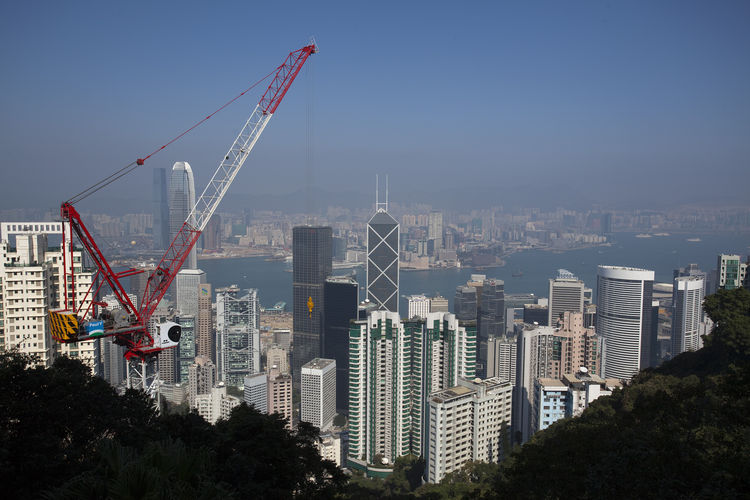- Assets Worth N1.26tn Registered on National Collateral Registry
Since the establishment of the National Collateral Registry in 2017, assets worth N1.26tn have been registered on the platform by firms, individuals and businesses.
The registry was established through the Secured Transactions in Movable Assets Act, 2017 passed by the National Assembly to improve access to finance, particularly for Micro, Small and Medium Enterprises.
One of the major purposes for establishing the registry is to reduce the risks associated with MSME lending.
It was also aimed at enhancing financial inclusion in Nigeria by facilitating access to credit secured with movable assets as well as facilitate the perfection of security interests in moveable assets.
Speaking at a workshop in Abuja, the Registrar, National Collateral Registry, Development Finance Department of the Central Bank of Nigeria, Mohammed Mainasara, said in addition to the N1.26tn assets, there were assets in foreign currency of $1.15bn and €6.08m that were also registered.
A breakdown of the figures showed that 157,077 individuals registered assets worth N135.41bn and $640.66m, while assets worth N871.76b, $1.14bn and €6.05m were registered by 735 large businesses.
In the same vein, he said that 2,279 medium-sized businesses registered assets worth N230.98bn and $3.4m while assets worth N20.4bn, $117,399 and €22,949 were also registered on the registry.
In terms of the categories of assets that were registered on the platform, he said that a total of 64,370 assets were registered during the period.
Giving a breakdown of the figure, he explained that documents of title/negotiable instruments with a total of 17,657 accounted for a huge chunk of the assets in the registry.
This is followed by motor vehicles with 13,425 while 10,579 consumer/household goods have also been registered on the platform.
Other collaterals registered on the platform are inventory, other intangibles, planes, plant and machinery, securities, timber, fixtures, intellectual property, farm products, equipment electronics (television, refrigerator, projector), deposit accounts, boats, accounts receivables and accessions.
Mainasara explained that Nigeria’s quest for inclusive economic growth and development would be futile if the country failed to adequately ease access to finance to MSMEs.
He said despite the fact that the MSME sector was vulnerable owing to various challenges, it remained the catalysts of economic growth in Nigeria.
He said that the Secured Transactions in Movable Assets Act, 2017 allowed borrowers to seek credit from any financial institution, leveraging assets like jewellery, farm products and vehicles as collateral.
He said the decision of the apex bank to push for the establishment of the Act was to enhance financial inclusion by expanding the use of other assets aside from land as collateral.
He said, “The NCR enables businesses to leverage their assets to obtain credit for growth, improves the liquidity of assets especially short term assets such as account receivables, makes assets diversification possible in financial institutions by efficiently spreading risk and providing banks with profitable lending opportunities in the MSME sector.”
“We are gradually building the confidence of banks and other financial institutions in movable assets financing as over 600 financial institutions have registered and leveraged the infrastructure to advance credit to individuals and businesses.”
He explained that the NCR initiative had recorded some successes as the system was being integrated with the Corporate Affairs Commission as stipulated in the STMA Act of 2017.



 Naira4 weeks ago
Naira4 weeks ago


 Naira3 weeks ago
Naira3 weeks ago


 News4 weeks ago
News4 weeks ago
 Travel4 weeks ago
Travel4 weeks ago




 Naira4 weeks ago
Naira4 weeks ago
 Naira3 weeks ago
Naira3 weeks ago


 Jobs3 weeks ago
Jobs3 weeks ago


 Travel3 weeks ago
Travel3 weeks ago




















